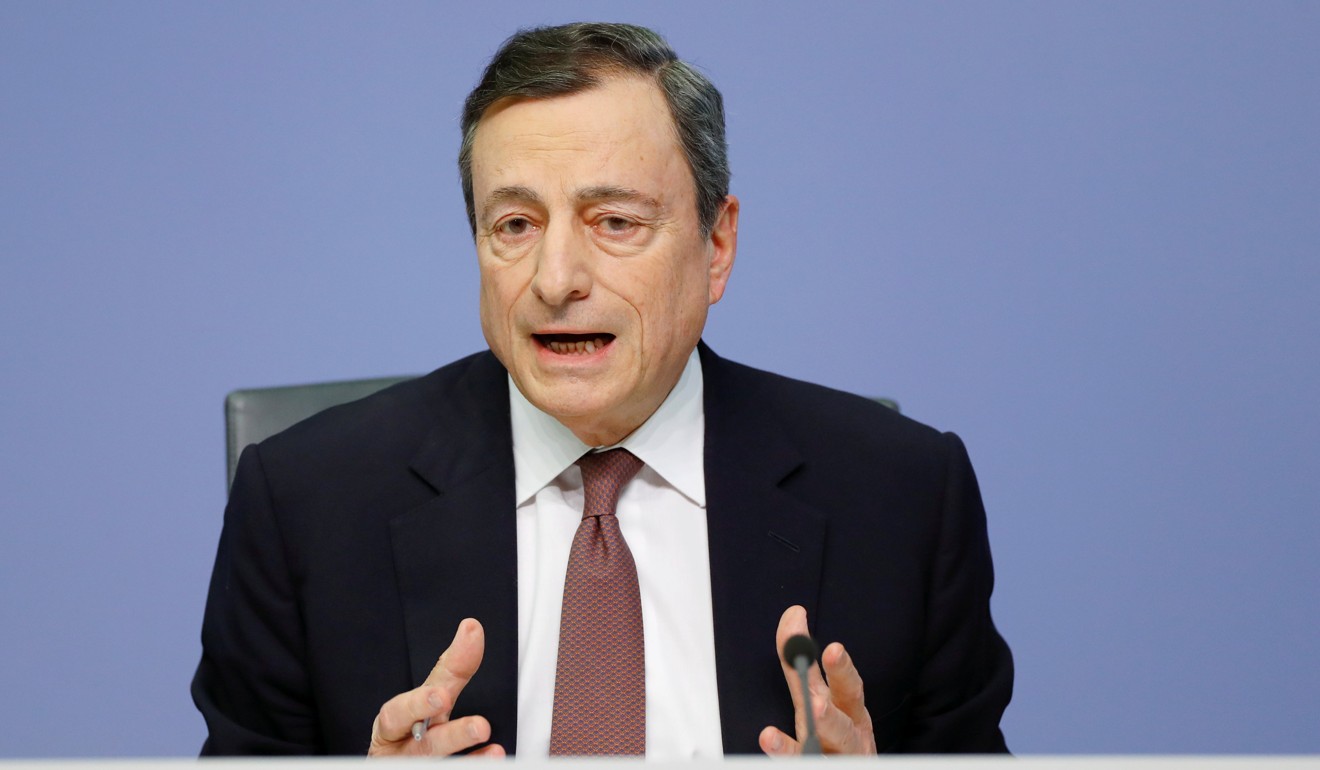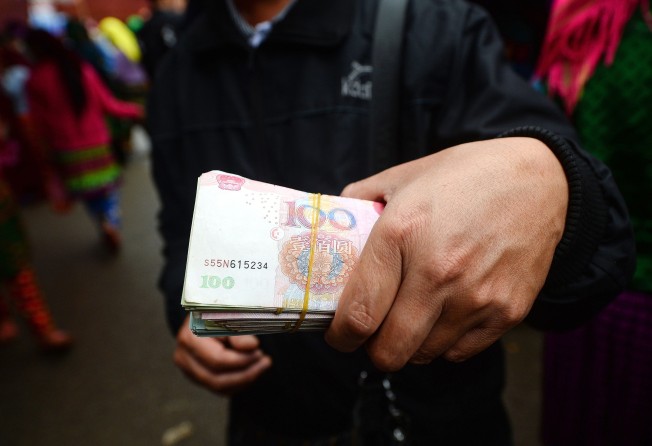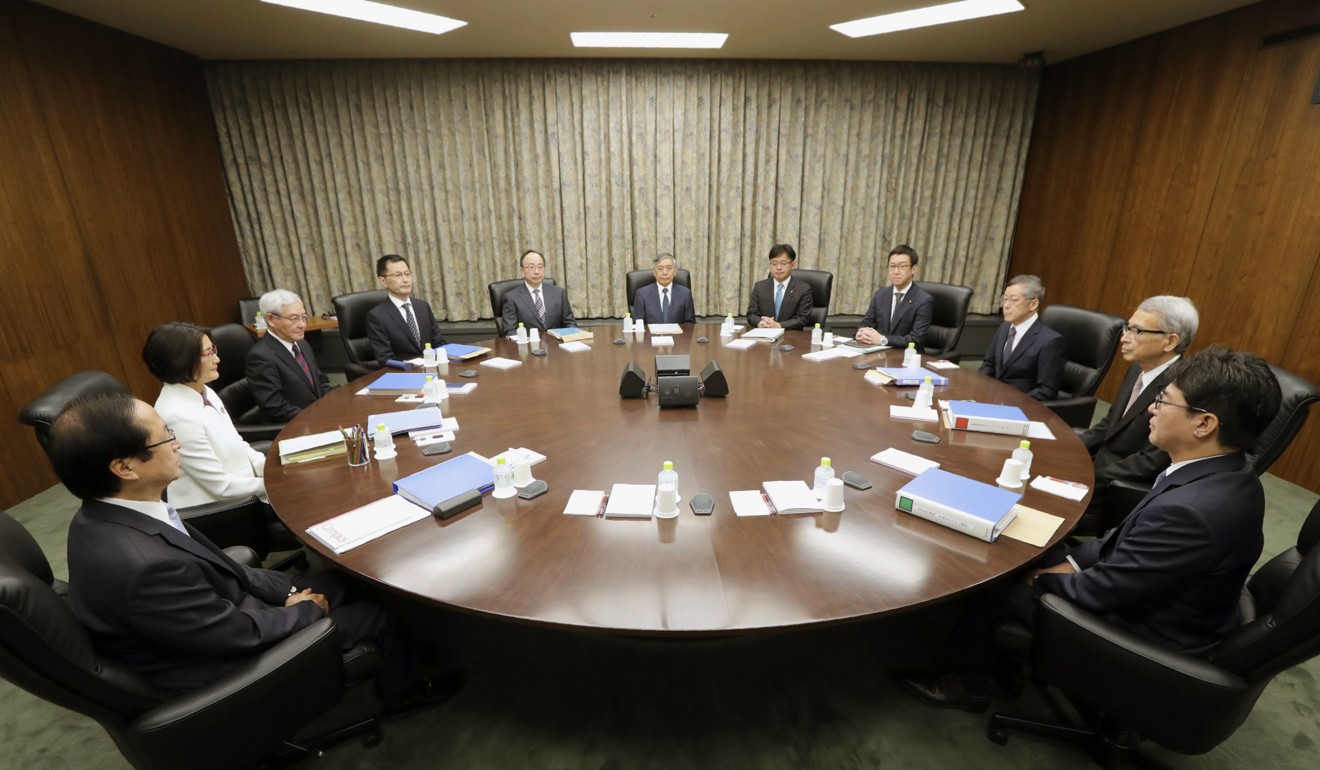
China should be free to let its currency function as a safety valve, regardless of what US trade negotiators want
- Major economies around the world, from Canada and Japan to the euro zone and Australia, reserve the right to let their currencies depreciate if conditions weaken. Beijing should not give up its right to do the same as part of any trade war settlement

As China and the United States continue to work towards a trade war settlement, the issue of the yuan looms large. Meanwhile, uncertainty about the conflict is contributing to signs of wider weakness in global economic activity. Some jurisdictions are reacting. Their currencies are likely to weaken as a consequence, acting as an economic safety valve.
The fact currencies can act as safety valves is something China’s negotiators should bear in mind. Beijing must not sign away its own options in this regard.
It’s also worth considering the idea that any eventual China-US trade settlement will itself have wider implications for the currency markets. Unless China’s appetite for imports is suddenly going to increase materially, any agreement that enhances bilateral trade flows between China and the US will only mean China buys fewer goods from elsewhere.
Potential losers in this scenario would have a vested interest in making their currencies as competitive as possible in the hope of retaining as much of their current export market share as possible.
Such a consideration would not have framed last week’s European Central Bank (ECB) deliberations, but the monetary policy tweaks that the ECB did unveil – in renewed efforts to address economic weakness in the euro area and to pursue an inflation goal of close to but below 2 per cent – prompted the currency markets to mark the euro weaker.

The ECB now expects euro-zone benchmark interest rates to remain at record lows “at least through the end of 2019”, rather than through to the summer, with its president, Mario Draghi, referring to “pervasive uncertainty”. While the ECB wasn’t targeting a weaker euro, euro-zone policymakers will not object to a move that enhances the competitive advantage of the bloc’s exporters.
Nor is the ECB the only central bank where the adoption or prospect of monetary policy changes have been interpreted by the foreign exchange markets as being consistent with currency weakness. The Reserve Bank of Australia (RBA) may have kept its own benchmark interest rate unchanged last week, but in February it shifted policy to a neutral stance from a tightening bias.
That shift, combined with evidence of a slower pace of economic growth in Australia in the second half of 2018, has weighed on the value of the Australian dollar. Market participants have begun to price in the possibility that the RBA will have to cut interest rates this year.
Meanwhile, data released at the start of this month, showing lower economic growth in the fourth quarter of 2018, surely influenced the Bank of Canada to keep interest rates unchanged on March 6. But the Canadian central bank went further, flagging to markets that there was now “increased uncertainty about the timing of future rate increases”.
The currency market reacted by selling the Canadian dollar. Admittedly the prospects for both the Australian and Canadian economies have not been helped by strained relations with China, a key economic partner of both, but Canberra and Ottawa do have access to policy levers to try to address the situation, and the major advantage of having free-floating currencies.
And then there is Japan. The Bank of Japan (BOJ), which has a two-day meeting this week ending on Friday, remains resolutely committed to ultra-accommodative monetary policies in its continuing battle to ignite domestic inflation. Indeed, some Japanese policymakers, such as BOJ board member Yutaka Harada, feel that the Japanese central bank may have to become even more radical.
Given the importance of exports to the Japanese economy, the BOJ will already be painfully aware that January saw Japan’s exports suffer their biggest fall in more than two years, with factory output dropping amid a material decline in China-bound shipments. A more competitively priced yen might help matters.

Down the road, if monetary policy settings aimed at igniting inflation also lend themselves to yen weakness, Japanese policymakers certainly wouldn’t complain.
In reality, in the absence of bouts of risk aversion in markets that have historically seen investors move into the yen as a safe haven, the currency markets should ordinarily equate the ultra-accommodative configuration of Japanese monetary policy with a degree of weakness in the currency.
In adjusting monetary policy in times of economic adversity, the central banks of these four jurisdictions – Australia, Canada, the euro zone and Japan – have the freedom to configure and tweak their settings knowing that their currencies are likely to adjust in value accordingly and act as economic safety valves.
So, why should China be any different? Beijing must not shackle the yuan to satisfy US trade negotiators.
Neal Kimberley is a commentator on macroeconomics and financial markets